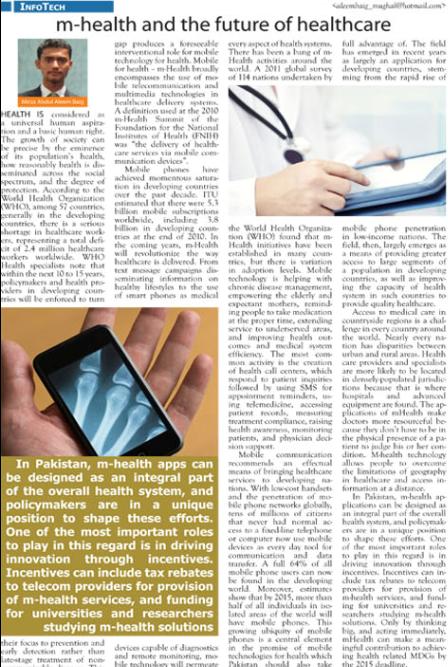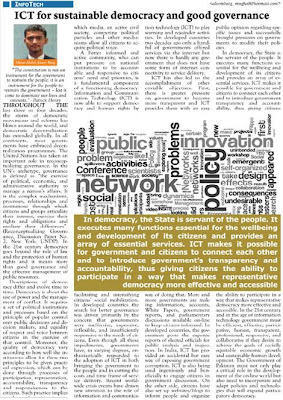In the present days, healthcare is characterized by a continuous decision-making process, that requires timely and secure access to complete, accurate, and up-to-date patient information, as well as to the accumulated wide-ranging body of medical knowledge. The most essential aspect of this need is the modern national initiative to develop and implement Electronic Health Records (EHRs).
- Electronic health records and data sharing will not only improve quality of health, reduce costs, and decrease medical errors but also give immediacy and accessibility to healthcare providers, which is a significant benefit for the patients. Adoption of electronic health record systems are critical and necessary components for advance healthcare, and EHR systems are the fundamental building blocks for any national health information system.
+for+improved+Healthcare.JPG)




